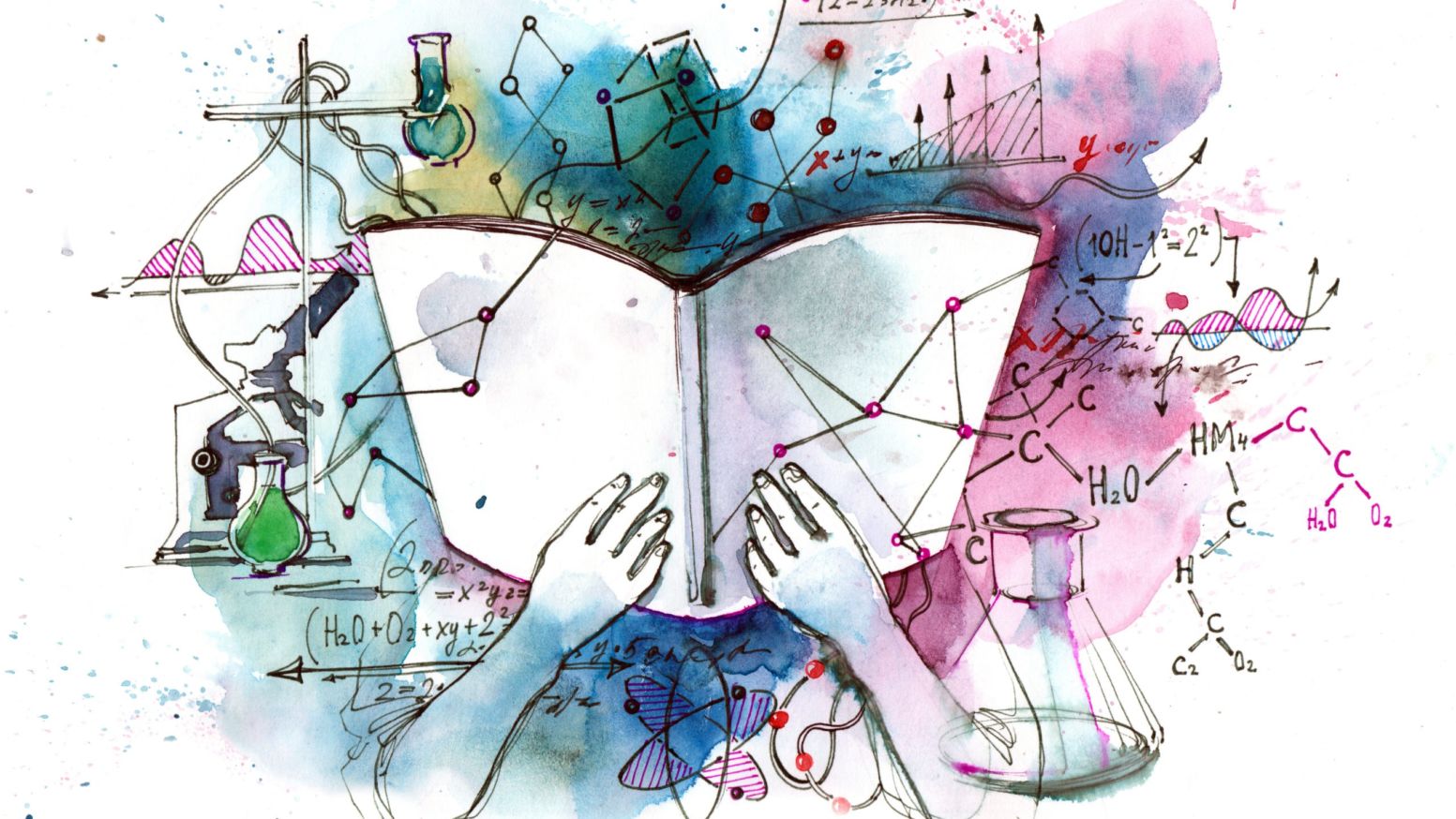Atheists[1] often object that a theistic worldview cannot be proven by science and, consequently, that we cannot know that theism is true. This objection ignores the fact that there are beliefs that we are rational to hold but that science is inadequate to explain. One such belief which is key to our functioning in reality is that the laws of logic are true.
The Laws of Logic Are True and Are Not Proven by Science
Consider one of the laws of logic governing thought, the law of non-contradiction, which states that “It cannot be true both that A and that not A.” Propositions are either true or false. They cannot both be true and not true at the same time and in the same way. Presently, I am either six-feet tall or I am not. I cannot both be six-feet tall and not be six-feet tall. This changeless, immaterial law of logic cannot be shown true by the instruments of the science lab. Instead, we see that it is true by intuitive philosophical demonstration.
Consider also the logical deductive form known as modus ponens (if P then Q, P therefore Q). The consequent of Q may be inferred if P. For example:
If today is Saturday, I do not have to go to work. Today is Saturday Therefore, I do not have to go to work.
This logical relationship which is clearly true is demonstrated rationally. No scientific process of chemistry or physics is involved in arriving at the knowledge of these truths. Yet one knows them to be true!
Conclusion
What I hope these two illustrations from logic show is that science is not the only method of arriving at knowledge. Just as we are justified in knowing the laws of logic are true despite their not being proven by science, so we are also justified in holding to the theistic worldview, that God exists as an immaterial divine person who is the best explanation of reality, even though theism cannot be proven by science.
Footnotes
[1] The naturalist or atheist employing an epistemology of science, known as scientism, says that we can only arrive at knowledge by the methods of sciences like physics, biology and chemistry. This epistemology does not include other means of knowing such as philosophy or theology.
